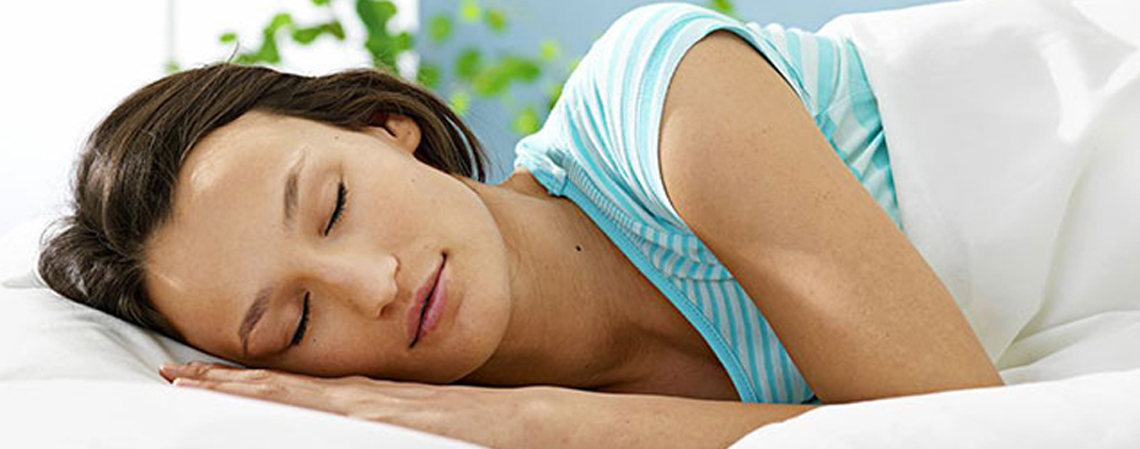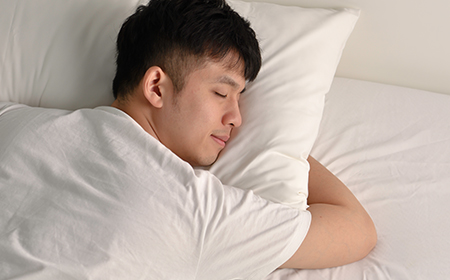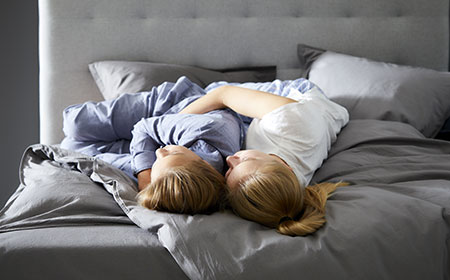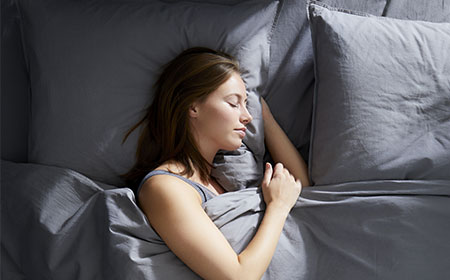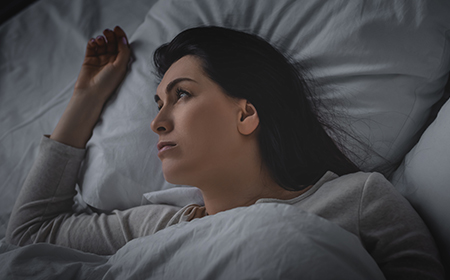Our sleep habits have a major impact on our health and quality of life. Therefore, it comes as no surprise that many of us are very concerned about how to get the best sleep. In this context, melatonin plays a key role. This is why it's a good idea to be aware of how melatonin affects your sleep.
What is melatonin?
Melatonin is a natural transmitter substance that affects our hormones, therefore it can be considered as a sleep hormone. Melatonin is also known as the body’s natural sleep medication. It's widely believed that melatonin has a regulatory effect on our circadian rhythm, thus helping us to become sleepy and sleep well.
The sleep hormone melatonin is produced in the pineal gland in the brain and in the retina of the eye. We produce most sleep hormone when it's dark. When we are surrounded by sunlight or artificial light, this substantially reduces our production of melatonin.
We produce melatonin from the moment we are born. The production is highest from infancy to adulthood. As we grow older, our production of sleep hormones gradually decreases. In addition, the quantity of melatonin we produce differs from person to person. 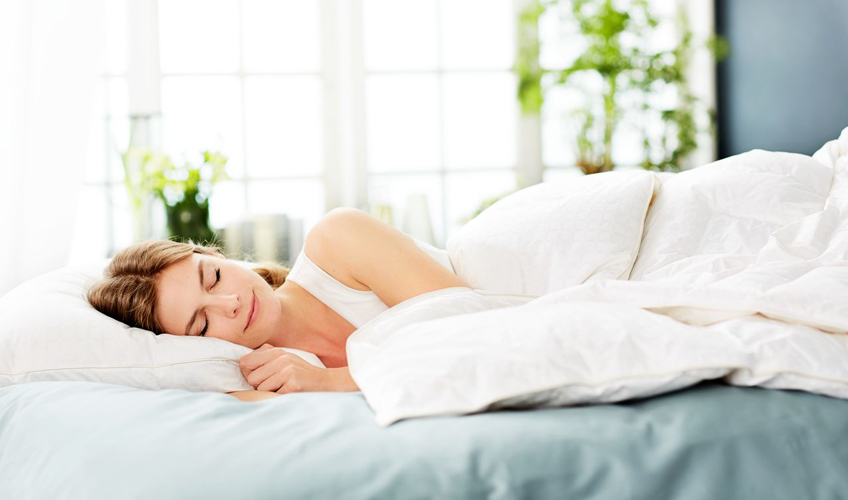
Primitive instincts affect sleep
We all have a primitive instinct that programmes us to sleep at night and be awake during the day. Light affects our brain, which then transmits signals to the body about when to sleep and when to be awake. The signals include the sleep hormone melatonin, which is activated when the sun sets and darkness falls. The brain also transmits a substance called cortisol when it is light, this is a signal that it's time to wake up. Cortisol helps us do that.
If you stay in strong artificial light, this can prevent you from producing melatonin. This is why sleep experts advise us to avoid bright light from television, tablets and mobile phones a few hours before bedtime, as the bright lights make it difficult for us to feel sleepy.
Synthetic melatonin for sleep disorders
There is also a synthetic version of melatonin in tablet form, used as a supplement if you're not producing enough of the sleep hormone yourself. Synthetic sleep hormones can also be used to combat jet lag and other sleep disorders. Talk to your doctor about getting a prescription for melatonin, if you need help with sleeping. However, there isn't a guarantee for the success of melatonin, because the substance affects us all differently.
How to affect your melatonin level yourself
Even though the quantity of melatonin produced differs from person to person, there are still some things you can do to get the maximum level for bedtime:
- Avoid bright electric light and powerful light from screens a couple of hours before bedtime
- Use blackout curtains to prevent your sleep being disturbed by sunlight
- Eat food that is rich in melatonin: for example, tomatoes, walnuts, olives, rice, strawberries, cherries and cow’s milk
- Give your sleep higher priority than work, television etc.
- Stick to a fixed sleep routine, so that your body gets used to when it needs to produce the sleep hormone

Sleep hormones are important
Sleep helps keep us fit and healthy. A lack of sleep can lead to illness, a lack of energy and diminished memory. This is just to underline how important it is to know about melatonin, since it has a major impact on our sleep. Another advantage of following the above advice is that melatonin also has an impact on the ageing process. A lack of melatonin can accelerate your ageing, therefore it helps to get your beauty sleep.
Sources:
- https://sleepfoundation.org/sleep-topics/melatonin-and-sleep
- https://sleep.org/articles/what-is-melatonin/
